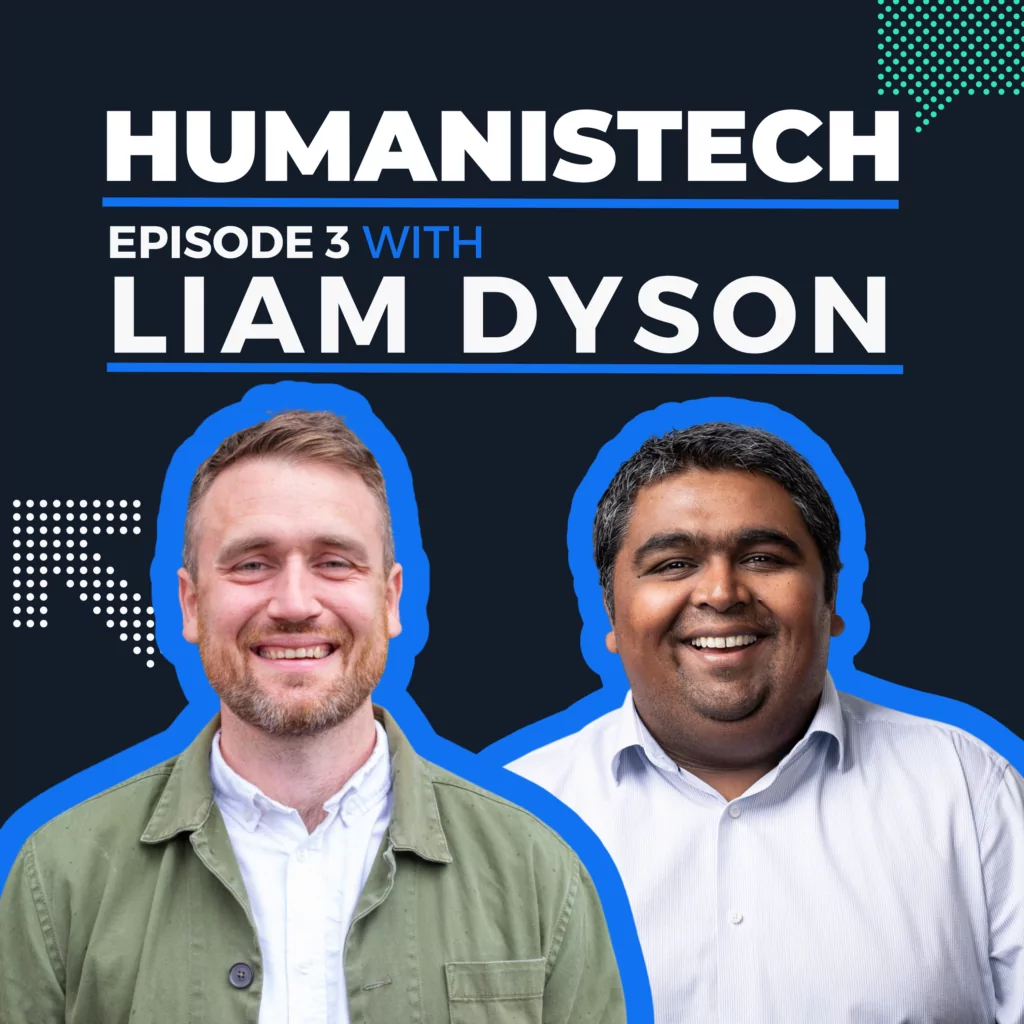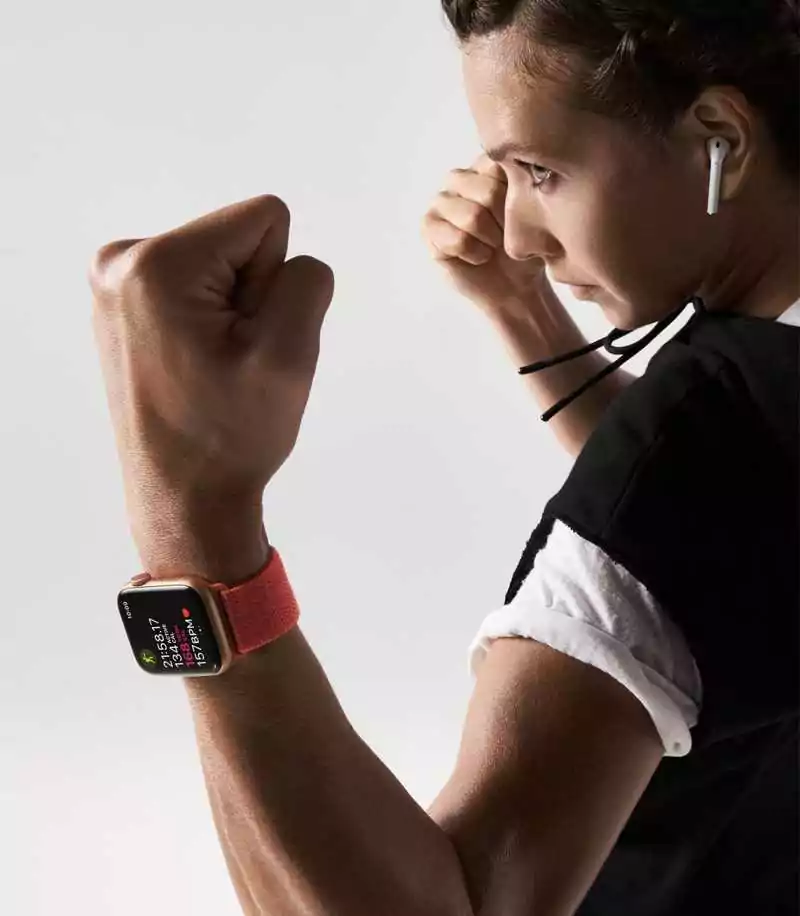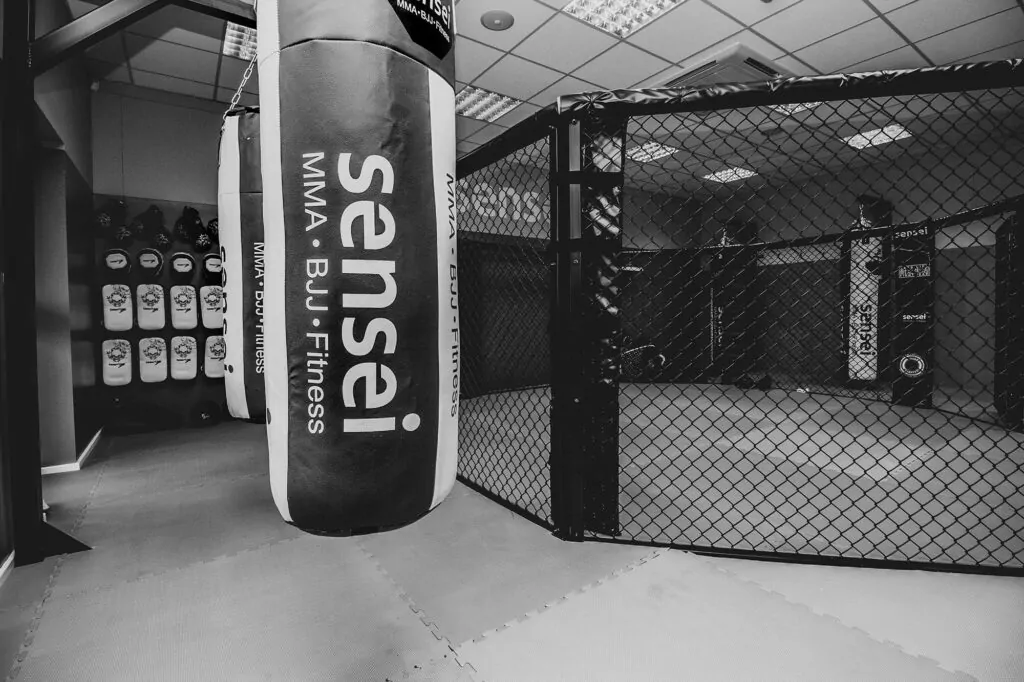It’s fair to say that wearables have now replaced all the fancy watches‚ and other accessories‚ which occupied wrists for a long while. The demand for wearables has skyrocketed so much that Apple sold more Apple Watches than the whole Swiss Watch Industry in 2017.
Most personal wearables available today have some form of health features. These usually include basic step tracking and carrying some form of sensor(s) to identify the heart rate of the individual wearing the device. But the ability to identify the number of steps you have taken during a day is now also visible on most mobile devices. It doesn’t make much sense that a wearable’s most valuable health-based output would be something your phone already does.
Instead‚ we need wearable devices which can potentially perform diagnostic activity‚ and are capable of providing useful health information to users. This should be presented in a manner which is easy to digest and allows the user to identify areas for improvement. Better yet‚ devices could even identify and suggest those improvements to help users improve their health.
The good news is that wearables like these are exactly what companies in the field are looking at and working towards‚ meaning we should see manufacturers provide their customers with more health-focused solutions in future. In the meantime‚ we’ve put together a list of four ways that wearables could truly become healthcare products.
Spot Cancer at early stages:
Some major companies like Nokia are working on devices which would be far more useful to both users and healthcare professionals – certainly more so than those currently on the market.
Indeed‚ Rajeev Suri (CEO at Nokia) has expressed his hope that in future wearables could spot cancer before medical practitioners even sit down to do a proper diagnosis of patients. The details on how this can be achieved remain unshared‚ but we sure are excited to see how things develop. Were there to be a breakthrough‚ the possibilities of increasing survival rate would be immense‚ with such detection enabling early treatment.
Detect Diabetics:
Though diabetes is a very dangerous disease‚ technology is already available to help whose suffer from the disease to manage it better.
However‚ a study conducted using a combination of wearables and machine learning concluded is possible that variations in heart rate could be used to predict the risk of diabetes even before clinical tests‚ suggesting tech could also play a role in detection and diagnosis.
Even the market’s current state‚ devices could offer this function. However‚ there is some challenge in that all machine learning currently takes place via the cloud. In the future‚ it may be that all calculations and learnings could take place on the device‚ providing ‘live’ information to users.
![[object Object] [object Object]](http://images.ctfassets.net/o6514hijae09/6JoWelq7RtKgC3OnSk6aQY/d556d0bec6479877c6bc18124342b800/watch-series-3-heartrate-app-1.jpg)
Detect Heart Problems:
Most devices are already equipped with technology which enables users to keep track of their heart rate. At a consumer level‚ this simply gives users a way to check their heart rate when they want to‚ and to be notified when their heart rate experiences a drastic change.
However‚ medical institutes are currently combining wearables with machine learning and platforms like ResearchKit. This is enabling them to create large-scale studies which are designed to create wearables capable of identifying heart problems – something that is not possible during the regular visits to a medical practitioner.
Specialised Health Wearables:
At the moment‚ generic wearables (which work as notification centres and include health sensors) account for a large share of the market. However‚ it is predicted that in the future these wearables will only hold a minor share of the market‚ with more specialised health-focused wearables increasing in popularity.
With accessability to machine learning increasing for most companies‚ the focus will switch to building devices which can do more than just collect data and display a fancy graph.
Instead‚ users will come to expect devices which provide them with insights and information that can inform lifestyle changes according to their current health condition. Medical practitioners will also be able to provide more accurate diagnosis and medication(s) based on these insights.
We at hedgehog lab are excited about the immense possibilities that such wearables will open up for users‚ encouraging all to live a healthier lifestyle.






